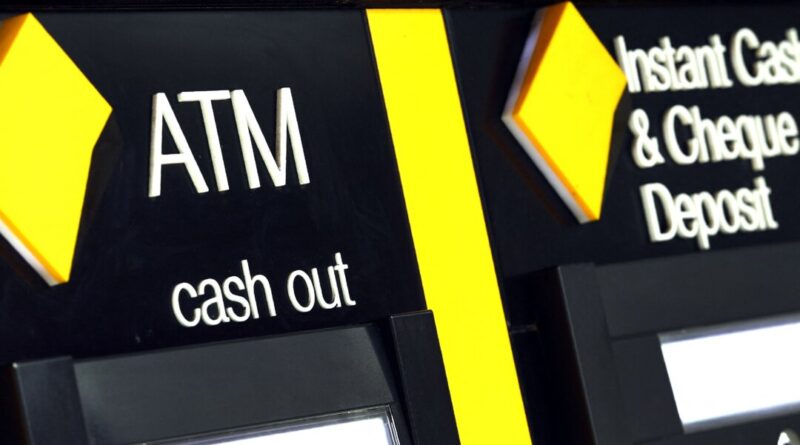Commonwealth’s Decision to Charge for Cash Withdrawals Condemned by Minister as Worst Christmas Present
Assistant Treasurer Stephen Jones has urged the bank to reverse its decision.
Australia’s assistant treasurer is putting pressure on the country’s largest bank following its announcement of charging customers a $3 fee for cash withdrawals.
The Commonwealth Bank’s (CBA) new policy applies to over-the-counter requests, agencies (via Australia Post), and phone banking. However, the bank stated that the policy would not apply to “many ATMs across Australia.”
The bank’s decision coincides with the Australian government’s efforts to ensure that the country’s banks continue to provide cash services.
The Commonwealth Bank will not impose fees for withdrawals at “many ATMs across Australia,” including major banks.
Minister Labels Fee a ‘Tax on Australians’
Federal Labor Assistant Treasurer Stephen Jones has called on the bank to reverse its decision.
“I want to comment on the Commonwealth Bank’s recent announcement to charge Australians $3 for accessing cash from their bank accounts in person or via Australia Post,” he informed reporters on Dec. 3.
“This decision is a blow to everyday Australians and the worst possible Christmas gift. The Commonwealth Bank needs to reconsider this dreadful choice.”

Australian Financial Services Minister Stephen Jones speaks to the media during a press conference at Parliament House in Canberra, Australia, on Nov. 7, 2022. AAP Image/Lukas Coch
Jones characterized the decision as a “tax on Australians” who wish to utilize their cash, stating that the “government will not tolerate it.”
The minister assured that the government would take steps to ensure that cash remains easily accessible.
“However, if they choose to use a debit card for everyday transactions instead of cash, they should not be penalized with extra charges, and if they wish to visit their bank branch, we believe that Australians should have access to banking services regardless of where they reside,” he said.
Meanwhile, Queensland Senator Gerard Rennick echoed his calls for a publicly-owned bank in response.
“Most deposit accounts earn very little interest, yet the banks will relend these funds at substantially higher rates through loans. By adding fees on top of their already substantial profits, the banks are engaging in double dipping.”
The Epoch Times has reached out to CBA for comment.
Banks Imposing Charges for Basic Services
Meanwhile, other banks have also started charging for cash withdrawals.
The bank refers to the in-branch fee as a “staff-assisted service.”
Federal MPs Express Concern About Cash
The involvement of the Labor government in cash matters comes after Jones and Treasurer Jim Chalmers initiated actions to preserve the option to use cash for essential purchases.
“The Albanese government is taking measures to ensure that Australians can still make essential payments with cash if they choose to, while also overseeing a systematic phasing out of checks,” the ministers announced on Nov. 18.
“Digital payment methods are becoming increasingly popular, but cash continues to play a significant role in our society under the Albanese government.”
These actions follow a Canstar analysis in October showing the closure of 230 bank branches in the 2023-2024 financial year, and the removal of 6,000 ATMs in the past five years.
“Once a bank closes, various businesses suffer, bank employees who often serve as community leaders leave, and the negative effects of depopulation tend to worsen,” the MP remarked.





